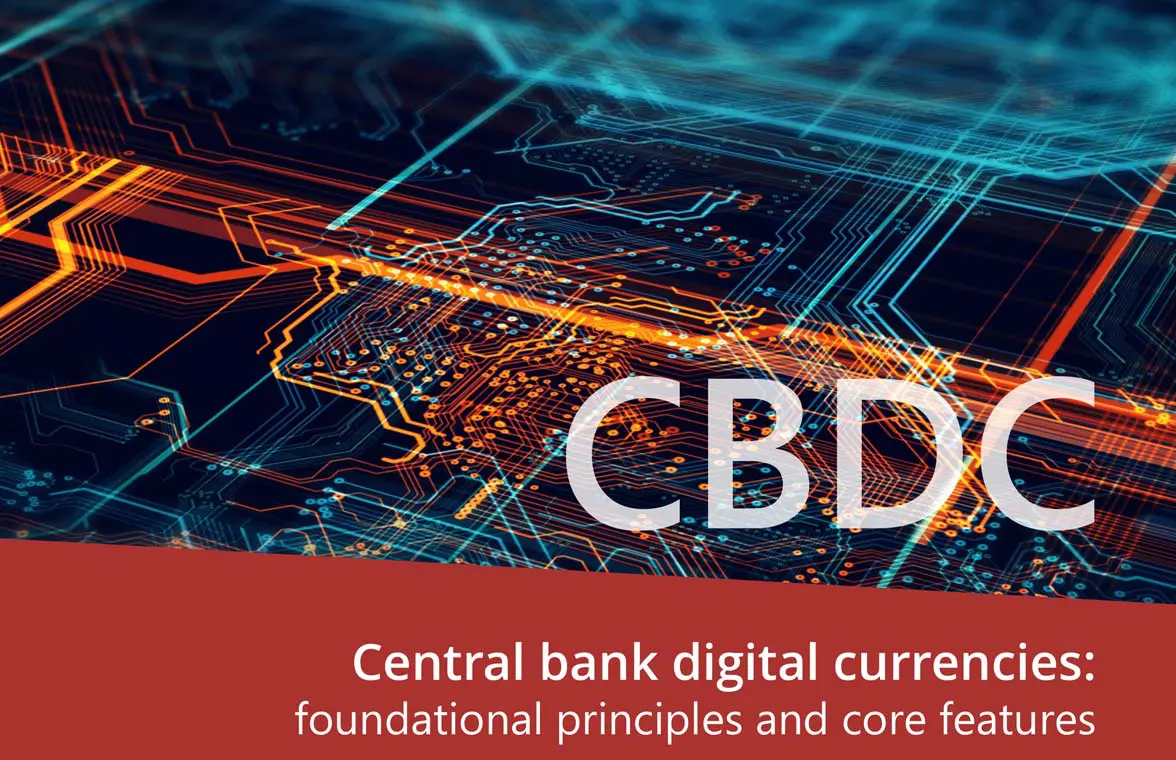
A working group set up by seven central banks and the Bank for International Settlements (BIS) has laid out a set of ground rules for the successful issuance of central bank digital currencies (CBDCs).
CBDCs must be resilient, secure, convenient, available at low cost, be underpinned by appropriate standards and a clear legal framework, and have an appropriate role for the private sector, the working group says in a new report.
There are three key principles on which any CBDC should be based, Central bank digital currencies: foundational principles and core features says:
- Coexistence with cash and other types of money in a flexible and innovative payment system
- Any introduction should support wider policy objectives and do no harm to monetary and financial stability
- Features should promote innovation and efficiency.
“A CBDC robustly meeting these criteria and delivering the features set out by this group could be an important instrument for central banks to deliver their public policy objectives,” the working group states.
“A CBDC could promote more resilient, efficient, inclusive and innovative payments, depending on jurisdictional circumstances and if risks are effectively overcome.
“In jurisdictions where cash use is declining and digitalisation is increasing, CBDC could also play an important role in maintaining access to, and expanding the utility of, central bank money.”
The 21-page report also provides a summary of technological considerations for the issuance of a CBDC and lays out the working group’s recommendations for further exploration of “the practical implications of the core features set out in this report”.
The report has been compiled by the Bank of Canada, the Bank of England, the Bank of Japan, the European Central Bank, the US Federal Reserve, Sveriges Riksbank, the Swiss National Bank as well as the BIS.
Next: Visit the NFCW Expo to find new suppliers and solutions